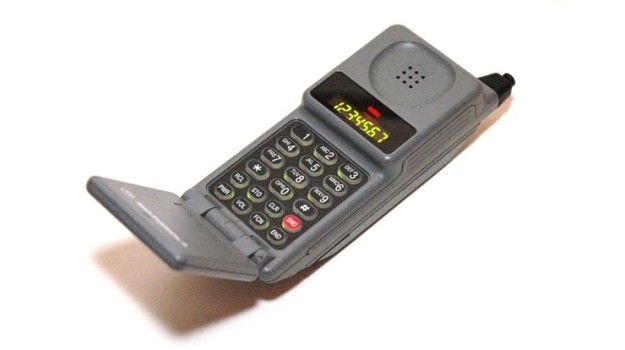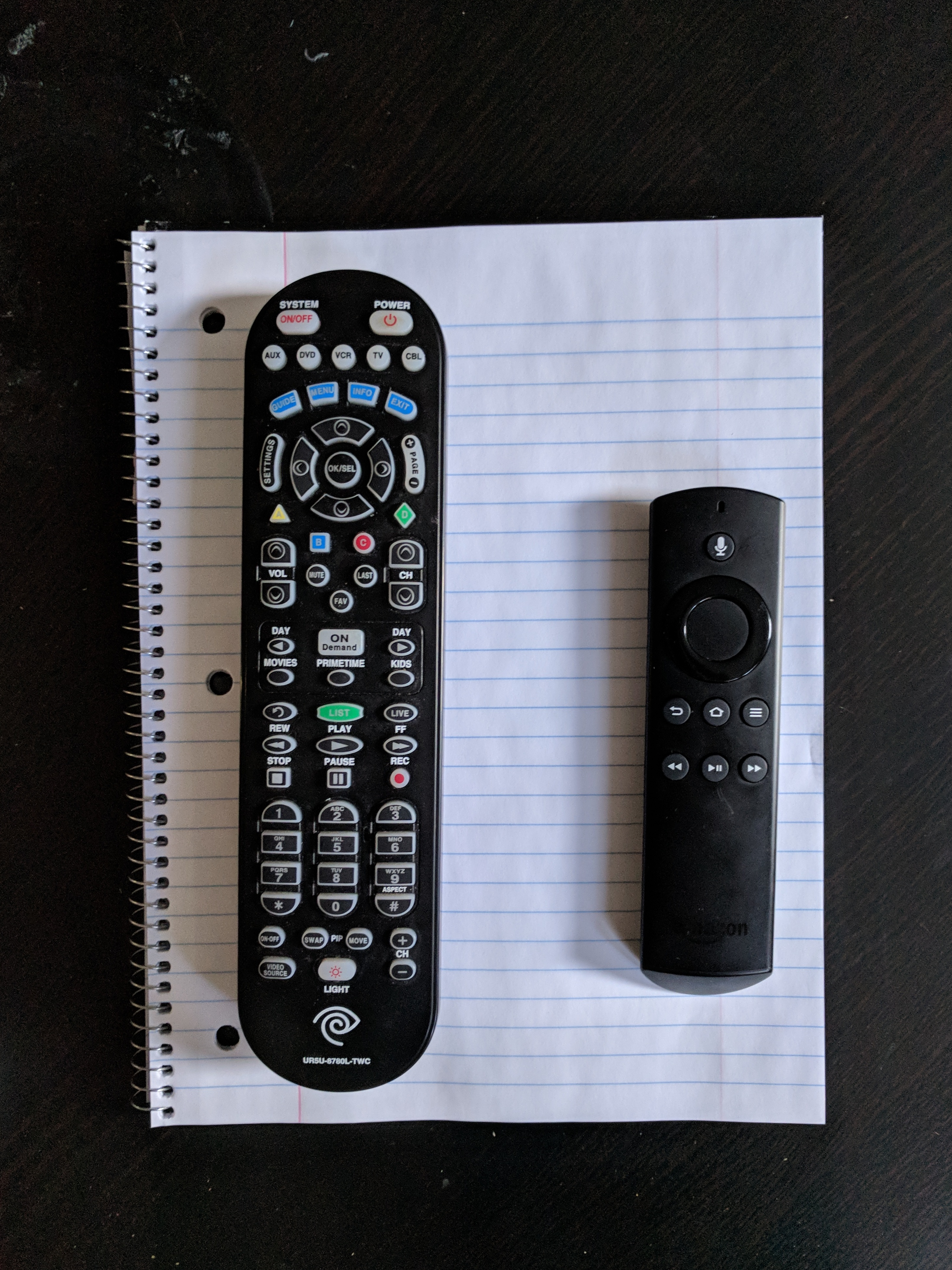Learn a new word: Nomophobia
My son hassles me from time to time because I have, (again, from time to time), became irrationally worried when we are out and about and I notice the battery life on my mobile phone has dipped below, say 80% or so.
It could be because I travel a fair bit and rely on my mobile more than most people for essential functions, or that for that last 7 or 8 years I no longer have a working 'home phone' so my mobile is the only way to contact me. Or it could be that I need UP TO DATE scores on Knicks, Liverpool, and South Carolina Gamecock games.
Actually, that is probably it.
But all of us probably at one time or another felt the creeping anxiety or frustration or maybe ever fear that comes from being without our mobile phones - either from a dead battery, being in a place with no mobile/data service, or even one of the rare (and disappearing fast) places where mobile phone use is not permitted.
How long could you go, in a non-emergency, 'normal' life situation, without having access to a working, functional mobile phone? An hour? Maybe two? Maybe much less than that, if you are the kind of person who more or less runs your life and business and family stuff from your mobile phone.
Turns out this anxiety/fear of being out of mobile contact has a name, or at least a proposed name - Nomophobia.
From our pals at Wikipedia:
Nomophobia is a proposed name for the phobia of being out of cellular phone contact. The term, an abbreviation for "no-mobile-phone phobia", was coined during a 2008 study by the UK Post Office who commissioned YouGov, a UK-based research organization evaluating anxieties suffered by mobile phone users. The study found that nearly 53% of mobile phone users in Britain tend to be anxious when they "lose their mobile phone, run out of battery or credit, or have no network coverage".
I'd say since 2008, the year of the referenced study above, that the percentage of folks who would admit to being 'anxious' if they were without their working mobile phone would be much, much higher. Like everyone, I am thinking.
Why bring this up, this pretty obvious, 'We all are reliant on our mobile phones and we get really squirrely when we don't have them or they don't work' take?
Because there is at least some responsibility from workplace rules and norms, and associated workplace technologies that are contributing to this phenomenon.
The original research into the causes of nomophobia most often cited respondent's need to keep in touch wth and be available to friends and family as the prime driver of their anxiety during times when they had no mobile access. Today, for many if not most employees and even contingent workers, I would probably add "the need to be able to see, respond, and otherwise be accessible to 'work'" as another significant driver of nomophobia-type anxiety.
Sure, we need to be able to text our kids to find out where they are, when they need to be picked up, or when they are coming home. Not being able to perform that function is a real hassle, and can be anxiety-filled.
But I bet if you were honest with yourself, you would rank 'Missing an important email from the CEO/Boss/Client' almost as high on your list of nomophobia triggers.
Once any tool becomes a workplace tool, the folks who architect and design work and our relationships to the tools we use for work have at least some responsibility to ensure that these tools are used, well, responsibly.
It is probably worth a minute or two, before 2018 really gets going and you won't have time for this nonsense, to think a little bit more about what we expect, demand, and require from our teams and ourselves, when it comes to being 'always' accessible.
We have a lot to get nervous and anxious about without worrying about missing an email at 11PM on a Saturday.
Postscript- The Wikipedia piece on Nomophobia links to a 2012 research paper titled 'Mobile phone addiction in adolescence: The Test of Mobile Phone Dependence (TMD)', that includes a 12-question survey (way at the end of the paper), to test your own addiction to mobile technology. Worth a look if you suspect you might have a nomophobia problem.

 Steve
Steve

